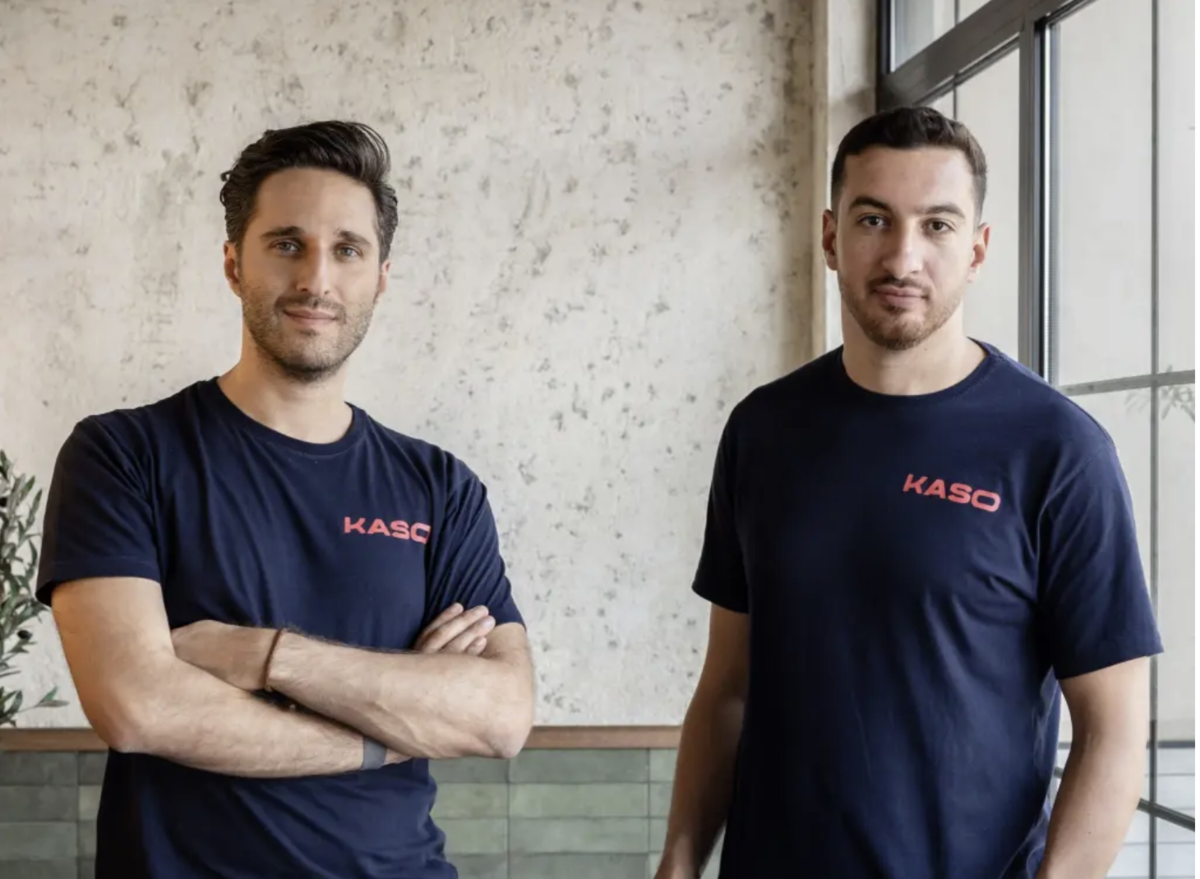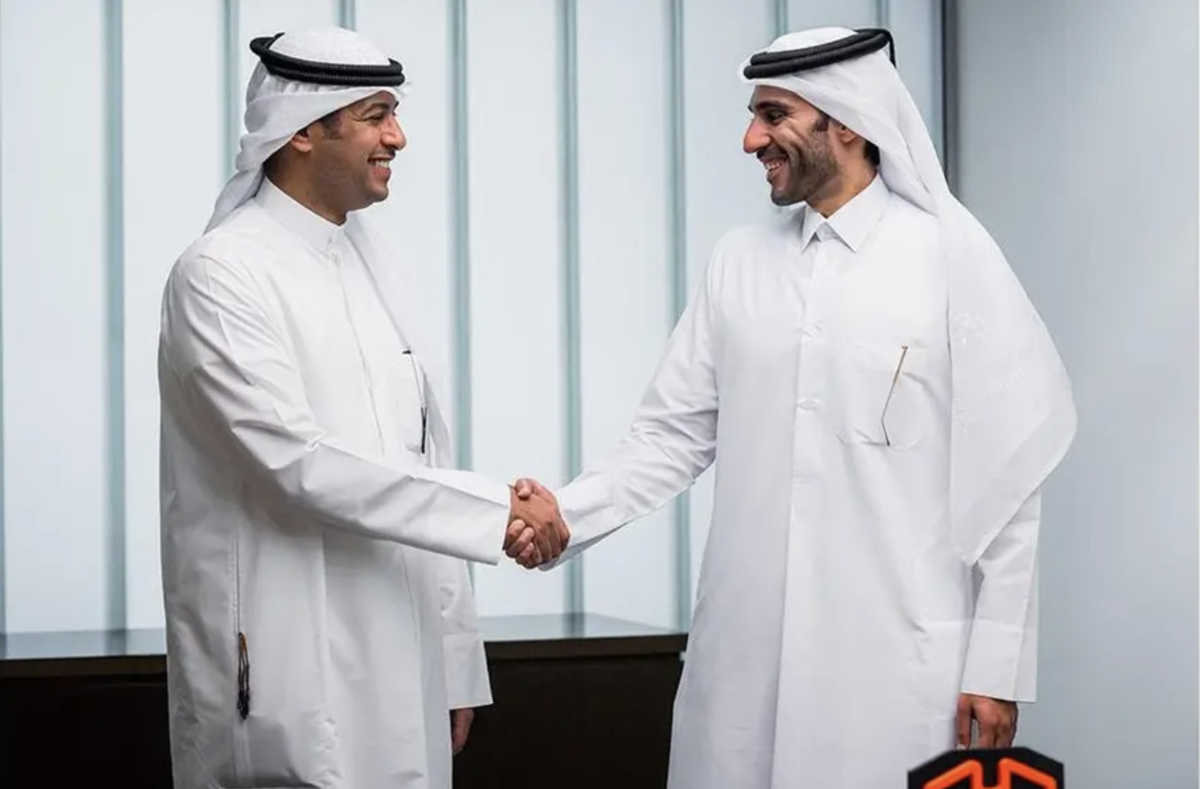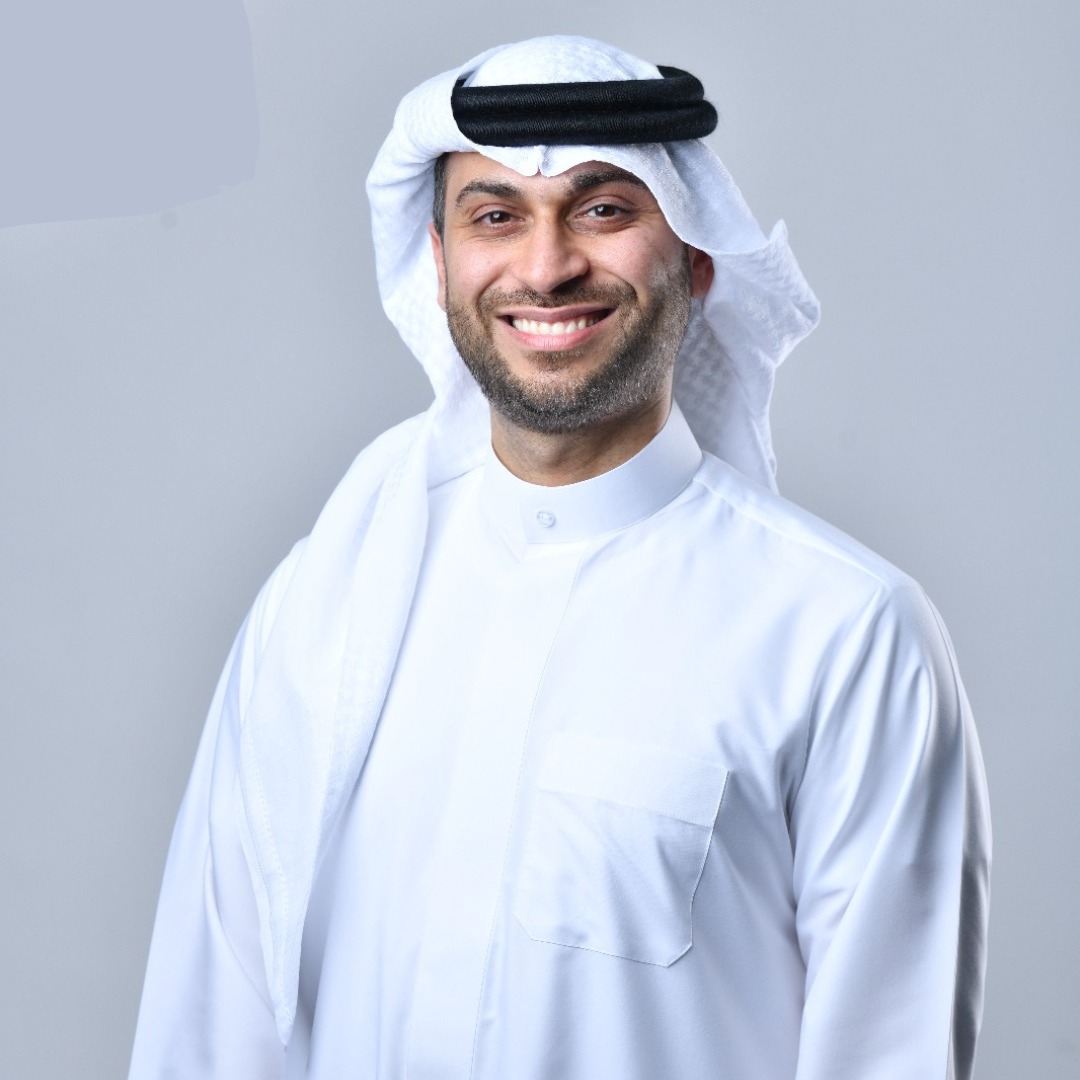RIYADH: The startup ecosystem in the Middle East continues to evolve, marked by significant funding rounds, strategic acquisitions, and new investment initiatives.
An alliance of investors and family offices based in the Gulf Cooperation Council has launched Waad Investment, a firm with a targeted value of SR750 million ($200 million), making it the largest such private entity dedicated to supporting growth-stage startups in the region, according to a release.
The alliance, led by Saudi businessman Yaser Al-Ghamdi, founder and chief investment operations officer of Waad Investment, involves a collaboration with the AlMajed and AlMisfer family offices to create a platform for entrepreneurial growth.
Waad Investment is designed to foster the private sector’s role in driving innovation and economic development, with a particular focus on providing not only financial investments but also a network of connections, mentorship, and guidance to startups.
“The company will bridge the financial gap many startups face and will offer comprehensive support that includes financial investment, mentorship, and guidance,” said Al-Ghamdi.
The firm is part of a broader vision to enhance the innovation landscape in the GCC, with family offices and investors aiming to generate a diverse and sustainable economy based on knowledge and technology.
15 startups graduate from the first cohort of TDF’s Grow Accelerator program
The Tourism Development Fund, a national enabler of the sector in Saudi Arabia, showcased the progress of 15 startups, which have collectively attracted investments worth over SR18 million to date, in its latest demo day.
The exhibition was for the graduates of the inaugural cohort of its “TDF Grow Accelerator” program at the King Abdullah Financial District Conference Center in Riyadh.
The event attracted investment pioneers, entrepreneurs, media representatives, and key stakeholders within the tourism sector.
Qusai Al-Fakhri, CEO of TDF, highlighted the critical role of the fund’s programs in promoting innovation and sustainable growth in the Kingdom’s tourism industry.
In a speech delivered on his behalf by Prince Saud Bin Mohammed, executive director of TDF Grow, Al-Fakhri expressed pride in the achievements of the startups, and said: “This success reflects our ongoing commitment to supporting entrepreneurial ideas and promising initiatives that contribute to efficiently implementing the national tourism strategy and reinforcing the Kingdom’s standing as a global tourism destination.”
KBW Ventures invests in Saudi Arabia’s KASO

KASO co-founders Manar Al-Kassar and Ahmed Soliman. KASO
KBW Ventures, led by Prince Khaled bin Al-Waleed, has announced an investment in Saudi business-to-business food tech startup KASO.
The company specializes in streamlining procurement processes for the food and beverage sector by digitizing and automating the logistics between restaurants and suppliers.
Prince Khaled noted that KASO had been under KBW Ventures’ consideration for some time before the investment was made.
“We want to grow our allocation into B2B SaaS. KASO not only checks the boxes on return parameters; we also like to see visibility of 10x return for early stage opportunities,” Prince Al-Waleed said.
This investment aligns with KBW Ventures’ broader strategy of supporting sustainability-driven sectors, including food security, alternative proteins, carbon capture, and agricultural technology.
UAE’s Powder Beauty secures pre-series A funding to scale in Saudi Arabia

Powder Beauty founders Ayat Toufeeq, Amina Grimen, and Marriam Mossall. Powder Beauty
UAE-based e-commerce platform Powder Beauty has successfully closed its pre-series A funding round, led by Sophia Collective and NKEHL, Nithin and Nikhil Kamath.
The round also saw participation from several regional angel investors, including Maha Taibah. The specific value of the funding was not disclosed.
Founded in 2018 by Ayat Toufeeq, Amina Grimen, and Marriam Mossall, Powder Beauty focuses on offering eco-conscious beauty products to its customers.
“With this funding round, we’re driven to build on our leading position in this largely untapped but fast-growing market,” Toufeeq, CEO of Powder Beauty, said.
“We’re delighted to have received this support from investors like the Sophia Collective, a platform whose vision aligns strongly with ours,” she added.
The newly secured funds will be used to scale the company’s operations in Saudi Arabia, furthering its growth in the region.
UAE’s Verofax secures $3m in a bridge round
UAE-based Web3 services provider Verofax has secured $3 million in a bridge funding round, led by King Abdullah University for Science and Technology, Plug & Play Tech Center, Navig8 Group, and Trove Capital UK.
Additional participants included Jawa Brothers Advisory, Alzamil Pedco CVC, and Tracecore CVC.
Founded in 2018 by Wassim Merheby and Jamil Zablah, Verofax leverages Web3 technologies like augmented reality, blockchain, and artificial intelligence to enhance marketing experiences.
The new funding will support Verofax’s expansion in the Middle East and Europe, including AI-powered guides for the GCC and sports fan guides in the EU and North America.
In 2022, Verofax raised $1.5 million in a pre-Series A round, led by Benson Oak Ventures, with participation from 500 Global, Wami Capital, and Vernalis Capital.
Kuwait’s Sakan acquires Qatari proptech Hapondo

Abdullah Al Saleh, CEO of Sakan and Ahmad Al-Khanji, co-founder and CEO of Hapondo. Sakan
Kuwait-based proptech company Sakan has acquired Hapondo, a Qatari real estate marketing platform, for an undisclosed amount.
Sakan, established in 2016 by Abdullah Al-Saleh, operates as a real estate marketplace across several GCC countries, including Kuwait, Saudi Arabia, Oman, and Bahrain.
Hapondo, founded in 2019 by Ahmad Al-Khanji, specializes in providing a comprehensive map and photo search for residential units in Qatar.
The acquisition is aimed at expanding Sakan’s services in Qatar by leveraging Hapondo’s existing network and relationships with clients and real estate developers.
Web3 streaming platform myco raises $10 million in Series A
UAE-based Web3 streaming platform myco has completed the first closing of its Series A funding round, raising $10 million at a post-money valuation of $80 million.
The round was backed by Daman Investments, Aptos Labs, B Digital, Mocha Ventures, Art3 Foundation, Ghaf Capital Partners, Mix Media Network, Factor6 Capital Partners, and Enjinstarter, alongside 88 accredited investors who participated through Republic.com.
Founded in 2021 by Umair Masoom and Somair Rizvi, myco is a content streaming application that integrates ad-based and subscription video on demand within a decentralized environment.
The fresh funds will support myco’s expansion into new markets and partnerships, following its recent growth into North America and Egypt. The company plans to conclude a second closing of their series A by early 2025.
“Myco has already demonstrated our ability to scale in key markets, achieving exceptional metrics in user growth, retention, revenue, and community building. With this new capital, we plan to replicate our success by expanding into markets with similar demographics and strong regional partnerships.” said Masoom, managing director of the firm.
Bahrain’s Tenmou invests in two local startups

Nawaf Al-Kooheji, CEO of Tenmou. Tenmou
Bahrain-based angel investment company Tenmou has invested in two Bahraini startups – Tajweed and Travilege.
Founded in 2021 by Salman Al-Marzooq, Travilege is an enterprise resource planning software designed for travel agencies, while Tajweed, founded by Khalil Alqaheri, is a digital platform focused on teaching the Holy Qur’an and Arabic language.
Tenmou’s investment aligns with its strategy to promote angel investing in technology startups that have rapid expansion potential.
The company is focused on fostering a robust ecosystem for tech-driven businesses in Bahrain and the wider region.





















